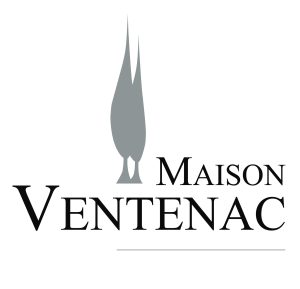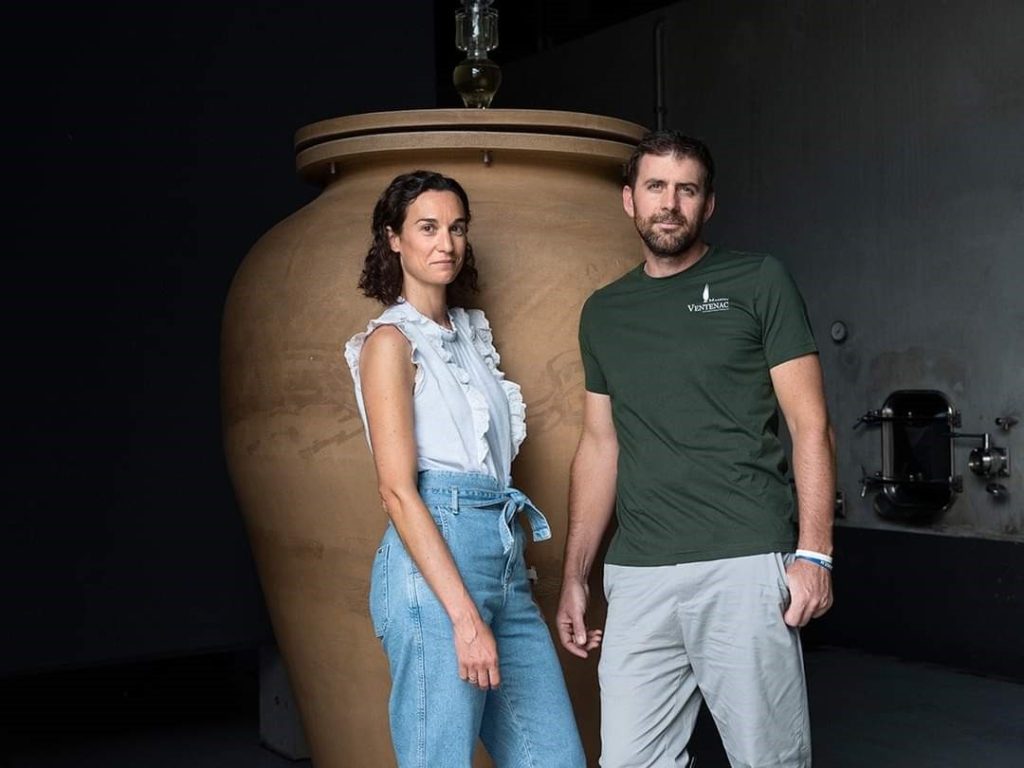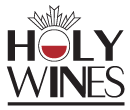
Despite successful corporate jobs in Paris, and no formal winemaking experience, Stéphanie and Olivier Ramé decided to change their lives by taking the reins of the family wine estate in the northwest area of the Languedoc when Stéphanie’s father in law announced an intention to sell. At the time, the estate was happily producing only three wines; a red, white and rosé made in bulk and bottled from a truck, recalls Olivier Ramé who quickly embarked on the OIV master’s degree and travelled to 30 countries around the world to ‘learn from the outside’.
Ramé was particularly inspired by the traditional winemaking styles in Georgia (prompting the use of amphorae vessels for his own wines) as well as enjoying Cabernet Franc from central European countries and Riesling from Germany but it was a desire to see why a certain wine succeeded or not commercially that really interested him.
The question was, ’Commercial wines or the wines he liked?’ He started up with the former and ended up with the latter, with a change to organic winemaking and vinification without sulfites. Grapes are influenced from terroir on two sites; on the Cabardès side at an elevation of 200m on white limestone soil imparting a mineral, saline, fresh edge while vineyards in Moussoulens are deeper and clay-dominant save for one 5ha pebble-strewn soil ideal for Grenache. The appellation benefits from both Languedoc’s sunshine and Bordeaux’s rainfall putting it high on the quality scale in terms of delivering wines with a unique identity and typicity.
Vinification
These are ‘no make-up wines’ as Ramé calls them, no oak, no over-maturation and indigenous yeasts used instead of commercial ones, the grape characteristics and terroir are allowed to shine in the glass. He also eschews the notion of following ‘stupid’ AOC laws to decide what goes into the bottle, instead choosing to remove the word château and domaine for labels and instead opt for Maison Ventenac so ‘now we can talk about the wine’.
Sustainable viticulture is practised, and the estate began organic conversion in 2018 with the switch-over taking place officially by the 2021 vintage – an important step for the ‘freshness’ of the wines says Ramé who believes the process has changed the way the vines look and given grapes more natural acidity.

